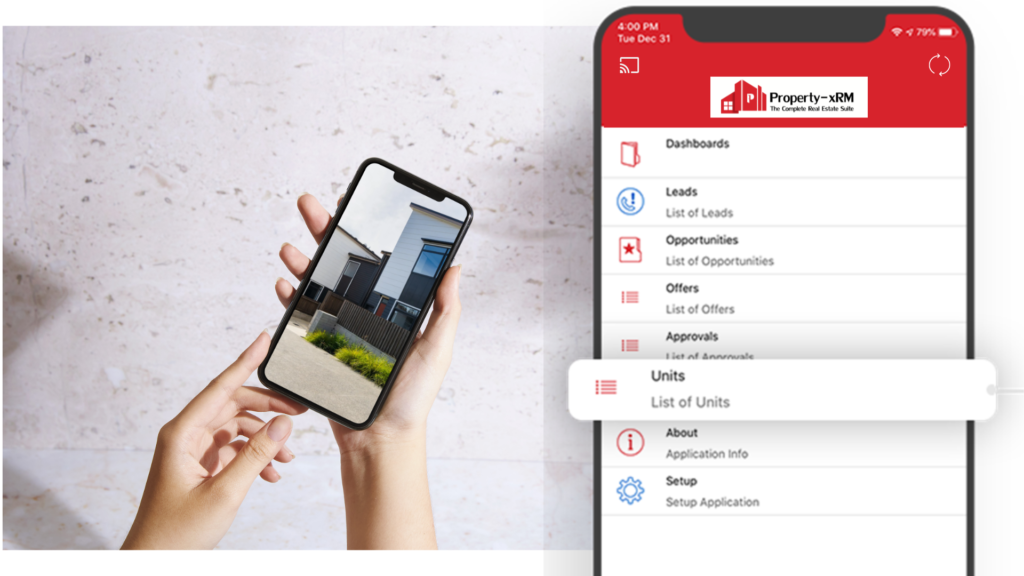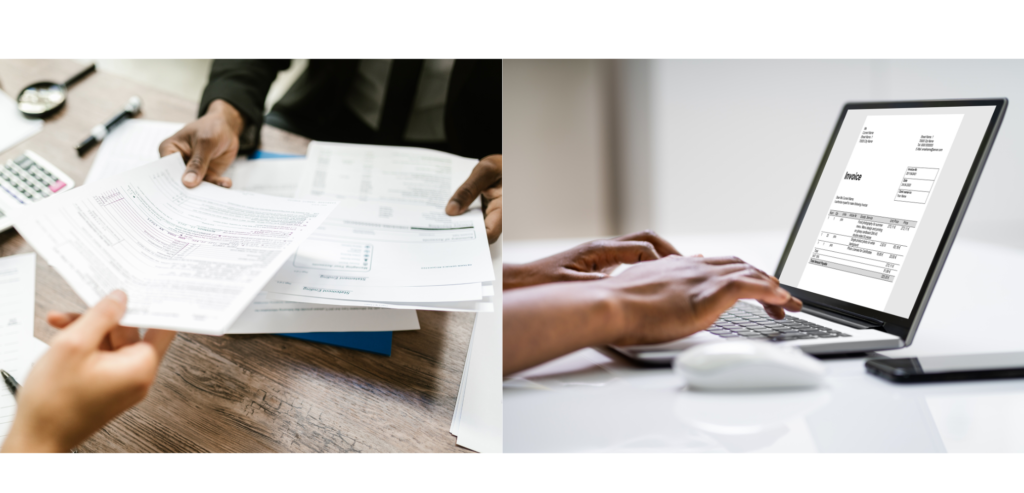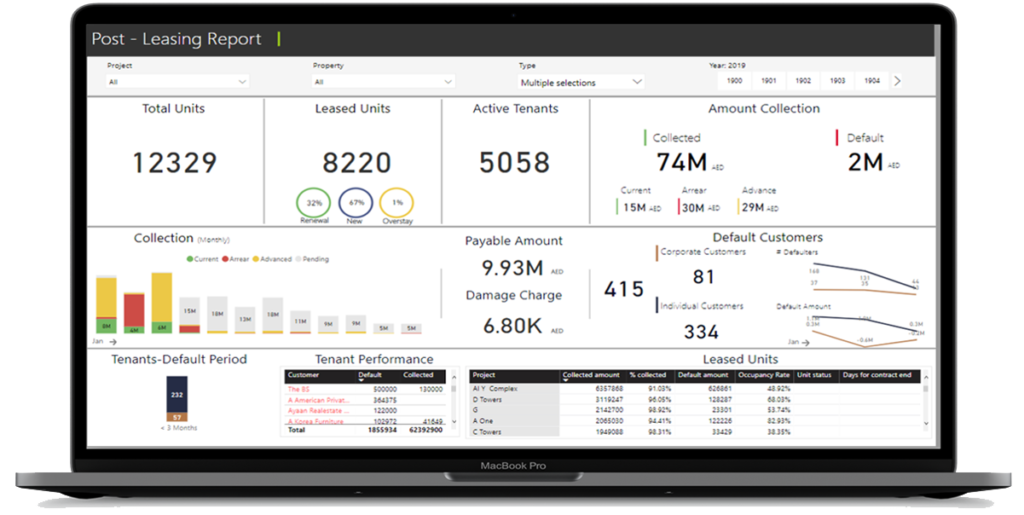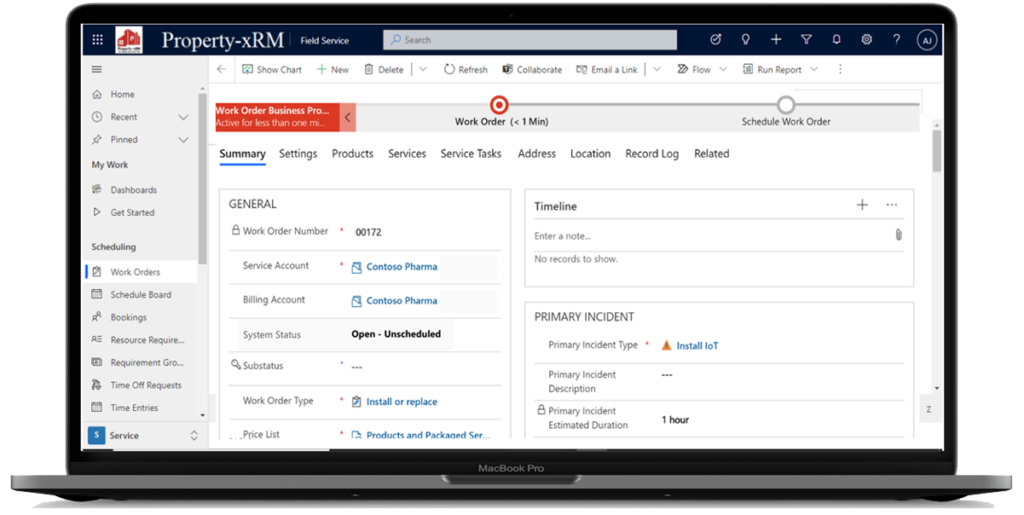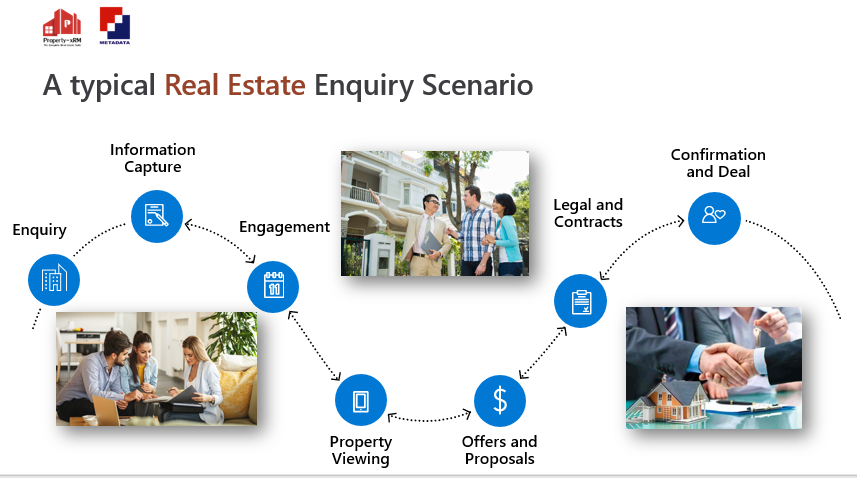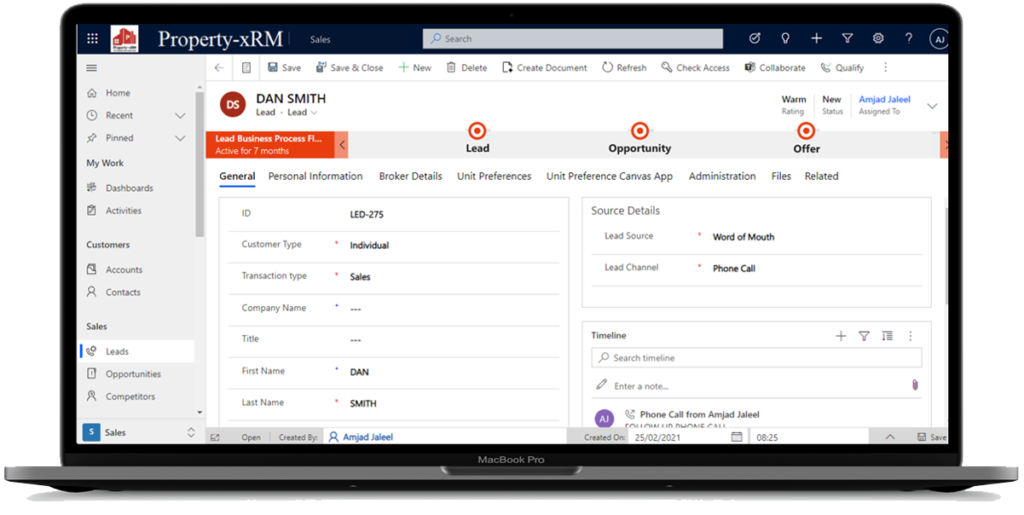Ultimate Guide to CRM Property Management Software
Leave a CommentReal Estate CRM and Property Management Software often come across as two separate solutions. One is used to streamline customer (resident) engagements and the other to track property financials. Now, with disparate applications comes the challenge of data fragmentation, duplication of efforts, lack of a holistic view of customers, and limited automation capabilities, all resulting in increased costs.
That’s where CRM-based Property Management Software comes into the picture.
First, let us get a complete understanding of CRM Property Management Software. Then we will understand its application among the three major functions of the Real Estate Industry: Sales, Leasing, and Facilities Management.
What is CRM Property Management Software?
CRM for Property Management is a solution that helps landlords and property managers streamline their operations. The software provides a centralized database for storing customer and tenant information, as well as a suite of functionalities for managing properties, tracking leads, and marketing units. Combine this with the latest in AI and GPT technology, you can do more with less.
CRM Property Management Software typically includes a contact manager, which allows users to store and organize contact information for tenants, prospects, vendors, and other stakeholders. An inventory master with a unit manager helps users to keep track of available units, rental prices, lease terms, and move-in dates. In addition, CRM-based solutions like Property-xRM also include a work order manager, which enables landlords to track repair and maintenance requests.
Some of the additional features in such solutions include document management, financial reporting, accounting integration, and website builders. Built-in customer relationship management (CRM) tools help landlords, property managers, and real estate companies manage their interactions with tenants.
Benefits of CRM Property Management Software for the Real Estate Industry
In the real estate industry, CRM Property Management Software provides several benefits. By automating and streamlining tasks such as lead tracking, contact management, and marketing, CRM-based software can save you time and money while helping you better manage your properties. In addition, it can help you improve communication with your tenants, landlords, and other key stakeholders. By providing a centralized platform for managing all your property-related information, CRM-based software can help you make better decisions about your properties and improve your overall business efficiency.
A. For Residential Sales
Be it, Single family, Multi-family, or Condos, it is important to keep track of your sales. With a powerful CRM engine, you can easily track which properties are selling and which ones need more effort. This information can help you make decisions about pricing, marketing, and other factors that impact your bottom line.
In addition, a CRM system can help you track your leads. When a prospective buyer shows interest in one of your properties, you can quickly add them to your CRM database and begin tracking their interactions with your company. Systematic lead management insights can be invaluable when it is time to close the sale.
Finally, Real Estate CRM can help you stay organized and efficient. With all of your sales information in one place, you can easily see where your time and energy need to be focused. This can help you increase your productivity and close more deals.
Learn more about how Property-xRM helps increase Residential Sales.
B. For Residential and Retail Leasing
If you manage a property with multiple units, then you know how important it is to keep track of your tenants. You need to know who is moving in and out, when rent is due, and what maintenance needs to be done. This can be a lot to keep track of, especially if you don’t have a system in place.
That’s where CRM Property Management Software comes in. This type of software can help you keep track of your tenants, as well as your properties. It can also help you with marketing, lease management, flexible pricing, contract generation, and post-lease transactions as well. With Property-xRM for Retail, stay on top of your of retail portfolio, finding the right tenants and brands to maximize revenue.

Here are some of the benefits of using CRM-based property management software for Leasing:
1. Retain and build relations with your tenants: Tenants can access information including contracts, invoices raised, maintenance status, and payments. You will be able to use the Customer portals for push marketing to list information on available properties.
2. Marketing and leasing: If you’re looking for new tenants, CRM-based software can help you with marketing and leasing. You can use the software to create marketing materials, list units on third-party websites, capture multi-channel leads, and streamline the lease process. This will save you time and money in the long run.
3. Maintenance: If you have multiple units, then chances are there is always something that needs to be fixed or maintained. With Property-xRM, easily keep track of what needs to be done and when. A CRM-based Property Management Software ensures that all your work orders are streamlined and your vendors are organized and can be communicated to with ease.
C. For Facilities or Asset Management
1. Central Repository
One of the main benefits of having cloud-based facilities management software is that there is a central location that holds all of your data. This data is accessible to relevant departments like the leasing team or asset management team. With a Microsoft-based Field Service solution, expect to do more at every juncture of the maintenance process.
Avoiding data silos in the organization by having a provision of a central location to store all the valuable information about previous maintenance history can help analyze and drive insight-based actions to better the facilities management operations of an organization.
2. Keep track of all your Assets
Ever found yourself in a situation where you don’t know what’s going on with the assets on your property? We hear you.
Location and health are the two main data points that need to be tracked about an asset. Good facilities management software will let you know exactly where an asset is located, pinning down the property and unit under which that asset is situated.
Keep track of assets systematically by capturing all necessary details about them. The warranty period, replacement due dates, contractor maintenance information, and tenant-level association – have this data securely collected and stored. More importantly, do it for all the assets in your portfolio, so you know the place, duration, and maintenance record of your assets.
3. Automated Work Order Creation
Streamline Planned Preventive Maintenance (PPM) and Reactive Maintenance (RM) Processes.
PPM is an agreement created between a real estate company and a service provider. Usually, real estate firms manually reach out or email their vendors. They also have to call up the contractors to get updates on the work, till it is completed. It is also likely that some of these dates will get missed and, in such situations, firms don’t realize there is a problem until it is too late.
RM, on the other hand, are more ad-hoc maintenance requests that need to be resolved.

Automating work orders ensures that the PPMs and RMs are streamlined right from the time an issue is captured at a unit. This can be done by the resident through a portal, via email, or by phone. Then there is job creation, service level agreements (SLA), and technician assignment until finally the issue is resolved and the facilities are working efficiently. This ensures a smooth and hassle-free maintenance experience for the facilities management operations of a real estate firm.
Overall, CRM Property Management Software provides several advantages and benefits that can be extremely helpful for facilities managers. If you’re looking for a way to streamline your operations and save time and money, learn about the benefits of Facility Management Software.
Conclusion
If you are a property management company or a real estate operator, then CRM software for Property Management is something you should consider. This type of software can help you keep track of your properties, tenants, and finances, all in one place. Not only that, it can also help you streamline your operations and save time and money in the long run. So if you are looking for a way to improve your property management business, be sure to check out Property-xRM powered by Microsoft Dynamics 365.
GET IN TOUCH WITH US


